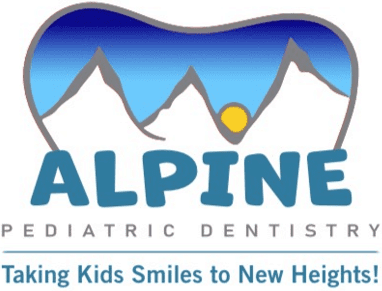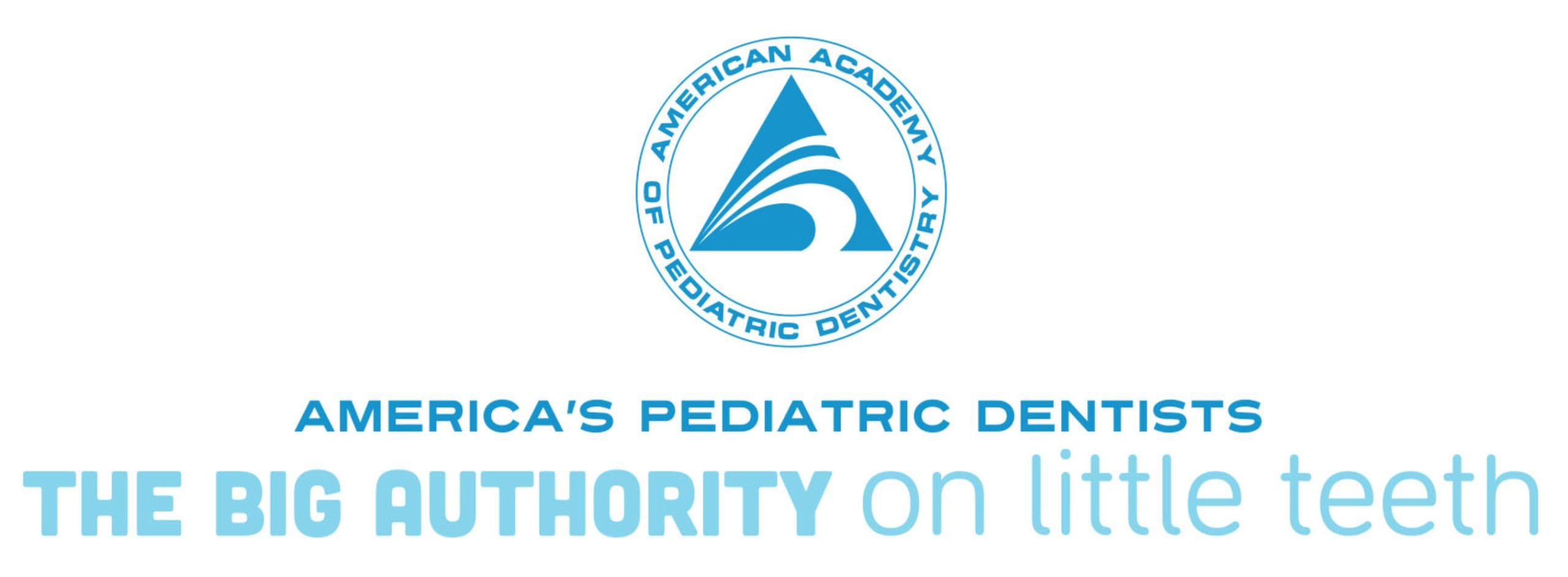Have you ever wondered what happens during common dental emergencies? Common dental emergencies can range from a knocked-out tooth to a severe toothache, each requiring prompt attention. Understanding these situations generally involves recognizing the urgency and knowing that professional assessment is crucial.
Types of Common Dental Emergencies
When discussing common dental emergencies, it’s essential to recognize the variety of issues that can prompt an urgent visit to the dentist. One prevalent emergency is a severe toothache, which can be caused by anything from an abscess to a cavity reaching deep into the nerve of the tooth. Another frequent issue is a broken or chipped tooth, which can occur from an accident or biting down on something hard. These situations not only cause significant discomfort but also necessitate prompt professional attention to prevent further complications.
Other scenarios that fall under common dental emergencies include knocked-out teeth, often resulting from sports injuries or accidents and lost fillings or crowns, which expose sensitive tooth structures to potential damage. Additionally, if you’re experiencing a Swollen Face from Tooth Infection? Visit Emergency Dentistry immediately as it could indicate a more serious underlying issue that requires urgent care. Each of these situations can escalate if not addressed quickly, highlighting the importance of recognizing and acting on dental emergencies promptly.
Symptoms of Dental Infections
Dental infections, often a critical aspect of common dental emergencies, can manifest through various symptoms that signal the need for immediate attention. One of the most noticeable signs is a persistent toothache, which can be severe and throbbing. Other symptoms might include swelling in the cheek, sensitivity to hot and cold temperatures, or even an unpleasant taste in the mouth. These signs suggest that an infection could be present, affecting the tooth and potentially surrounding tissues.
In some cases, the gums around the tooth may become red, swollen, or tender to touch, which could indicate the presence of an abscess. Fever and general discomfort are also common when an infection is present, reflecting the body’s response to fight off the infection. Recognizing these symptoms early is crucial in addressing what could become a more serious issue. For professional evaluation and care, consider visiting Emergency Tooth Care Lincolnton if you experience any of these symptoms.
Impact of Broken or Chipped Teeth
Broken or chipped teeth are among the most common dental emergencies that can occur due to accidents, sports injuries, or biting down on hard substances. When a tooth is broken or chipped, it can affect a person’s oral health and overall well-being. This type of dental emergency can lead to further complications if not acknowledged in a timely manner, impacting the aesthetics of one’s smile and potentially leading to discomfort or sensitivity. Understanding the implications of such dental injuries is crucial for maintaining oral health.
Recognizing a Lost Filling or Crown
One of the common dental emergencies is recognizing when you’ve lost a filling or crown. This situation typically becomes apparent when you feel a sudden change in your tooth’s structure, possibly accompanied by sensitivity to temperature or pressure. It’s important to be aware of such changes as they can affect your oral health. If you notice that a filling or crown has come loose or is missing, it’s crucial to consider how this could impact your dental well-being.
For more information on handling such dental concerns, consider visiting your local Lincolnton Pediatric Dentist at Alpine Pediatric Dentistry.
Signs of an Abscessed Tooth
In the realm of common dental emergencies, recognizing the signs of an abscessed tooth is crucial. An abscessed tooth typically manifests through severe, persistent toothache, sensitivity to hot and cold temperatures, swelling in the face or cheek, and a fever. Additionally, patients might notice swollen lymph nodes under their jaw or in their neck, a sudden rush of foul-tasting fluid in their mouth if the abscess ruptures, and a general feeling of illness. Identifying these symptoms early plays a key role in addressing this common dental emergency effectively.
Issues with Partially Dislodged Teeth
When facing common dental emergencies, issues with partially dislodged teeth, also known as extruded teeth, require immediate attention. This condition occurs when a tooth has been pushed partially out of its socket, often due to trauma or injury. It can cause significant pain, swelling, and sensitivity to temperature and pressure. It’s crucial to contact your dentist right away as timely treatment can potentially save the tooth. Until you reach professional help, avoid touching the affected tooth and apply a cold compress to the area to reduce swelling. Managing such emergencies promptly ensures better outcomes and alleviates discomfort.
Complications from Knocked-Out Teeth
When dealing with common dental emergencies, a knocked-out tooth stands out due to its urgency and potential complications. If a tooth is knocked out, immediate action is crucial; however, failure to properly reinsert the tooth within an hour can lead to complications such as infection, misalignment of adjacent teeth, or even permanent loss of bone at the site. It’s essential to handle the tooth carefully, avoid touching the root, and seek emergency dental care promptly to increase the chances of successful reimplantation and minimize long-term damage.
Understanding Toothache Causes
Toothaches are a prevalent issue and often a sign of common dental emergencies. Understanding the causes of toothaches is crucial for timely and effective treatment. Typically, toothaches result from cavities, infections, exposed tooth roots, gum disease, or a cracked tooth. Each of these conditions can lead to severe pain and discomfort, urging an immediate visit to the dentist. By identifying the root cause early, you can prevent further complications and address the pain directly associated with these common dental emergencies.
Handling Gum Injuries and Bleeding
When facing common dental emergencies, such as gum injuries and bleeding, it’s crucial to act swiftly and effectively. Gum injuries can result from various incidents, including accidental bites, falls, or sports injuries. To manage bleeding, gently rinse your mouth with cold water and apply a clean, damp gauze to the affected area. Press firmly but gently for about 10-15 minutes or until the bleeding stops. Avoid using aspirin or ibuprofen as they can increase bleeding. If bleeding persists or pain escalates, it’s important to seek immediate dental care to prevent further complications and ensure proper healing.
Conclusion
For more information on common dental emergencies, call us at 704-479-6777 or read our reviews on Google Maps.





